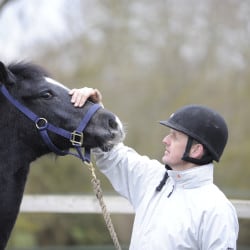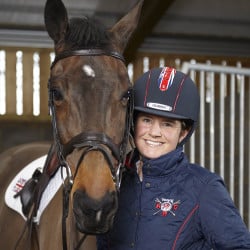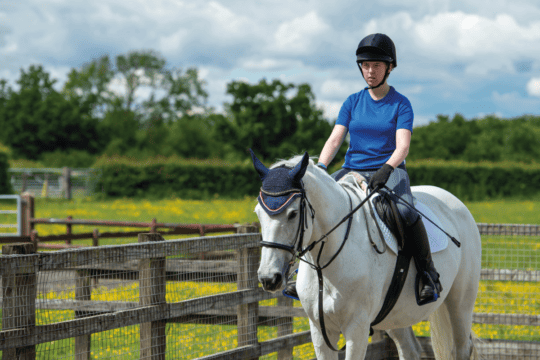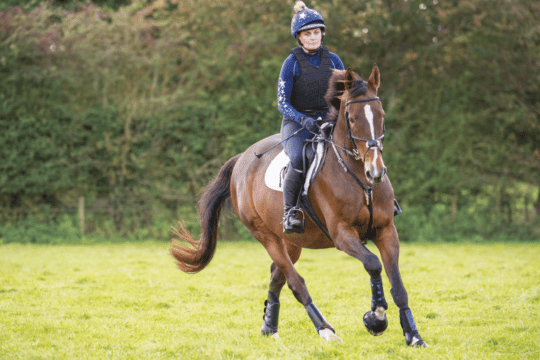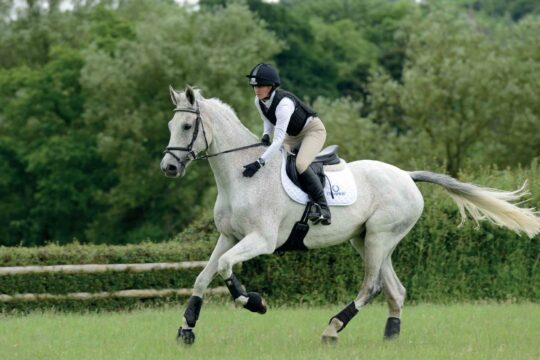What is separation anxiety and how can you deal with a horse who suffers from it? Anna Saillet explores this stressful emotion
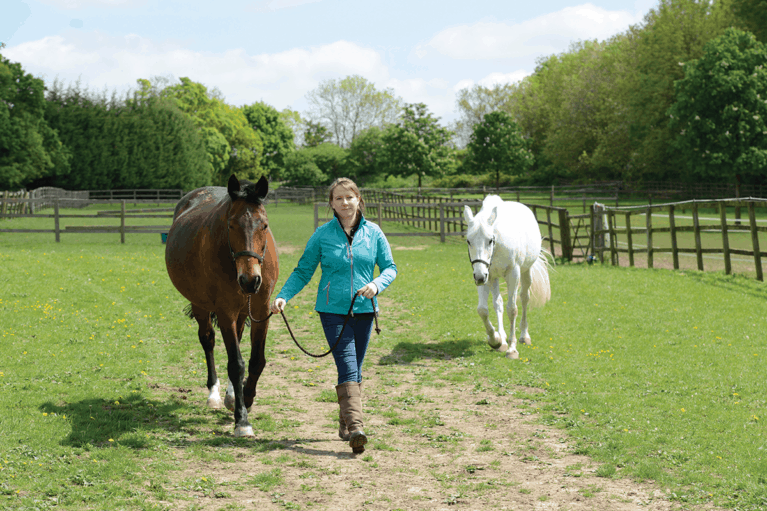
What is separation anxiety and how can you deal with a horse who suffers from it? Anna Saillet explores this stressful emotion
Separation anxiety is nothing new in the horse world, although it’s a phrase you’ve probably heard a lot more of in recent years. This is a good thing, however, because it shows that as a whole horse owners are becoming more aware of some of the experiences that our horses are having. This is the first step in mitigating the circumstances that cause our horses to feel anxious or stressed.
What is separation anxiety?
This term refers to horses who become distressed when they’re separated from their companions or isolated without any company. Very often, a horse suffering from separation anxiety will display behaviours such as repeated calling, defecation (often with a very loose consistency), walking or running up and down a fence line if he’s turned out or box walking if he’s stabled. In extreme cases, the horse may become so distressed that he attempts to escape from the field or stable, which may result in serious injury and can be extremely dangerous. Horses demonstrating this type of behaviour are likely to be extremely difficult to handle and can pose a serious risk to their handlers and riders, as well as themselves. They’re unlikely to eat or drink while in this distressed state and may not start to calm down until either their companion returns or they become exhausted.
Why does it happen?
Let’s go back to natural equine behaviour to begin to understand why so many suffer from separation anxiety. Horses are herd animals who have evolved to live in groups. In a wild setting, this provides them with safety in numbers, making it less likely that they will be successfully hunted by predators. Horses have excellent communication skills, predominantly based on subtle body language, which they use to communicate with the herd quickly and efficiently to allow them to escape any approaching threat or danger.
Their survival is dependent on being able to stick together with their herd mates – when you look at it like that, it’s easy to understand why being alone might be distressing. The stress caused to a horse suffering from separation anxiety can inflict a considerable mental and physical toll on him, and is likely to compromise his welfare and the training you would like to do with him.
Horses naturally create strong bonds with their companions and often with one particular animal from the group. When this pair of horses are separated and become distressed, many owners are tempted to simply separate the horses entirely, on a permanent basis, in an attempt to solve the problem. However, this practice is counter-intuitive. Being separated from his closest companion will cause an increase in the horse’s baseline stress levels, which is likely to contribute to the further development of behaviour problems and could lead to separation-related distress becoming even more extreme the next time he’s allowed to develop a bond with a companion.
To find out how you can prevent and deal with separation anxiety, get your copy of January Horse&Rider here, on sale 17 November.

